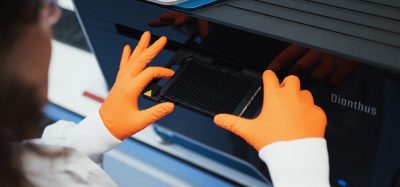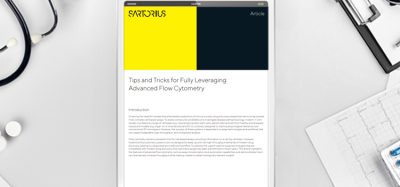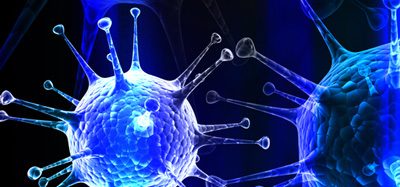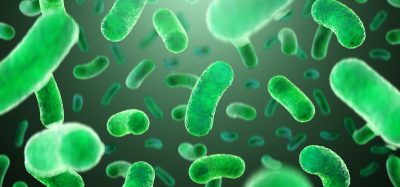Experimental cancer vaccine shows promise in animal studies
Posted: 11 November 2022 | Victoria Rees (Drug Target Review) | No comments yet
NIH researchers who intravenously delivered a cancer vaccine to mice report that it increased the number of T cells able to combat tumours.
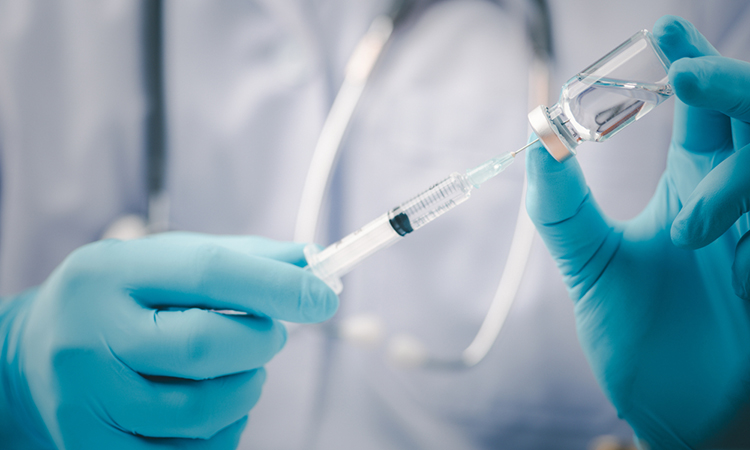
An experimental therapeutic cancer vaccine, developed by researchers at the US National Institute of Allergy and Infectious Diseases (NIAID), part of the National Institutes of Health, induced two distinct and desirable immune system responses that led to significant tumour regression in mice.
The researchers found, as outlined in the journal Cell, that intravenous (IV) administration of the vaccine boosted the number of cytotoxic T cells capable of infiltrating and attacking tumour cells and engaged the innate immune system by inducing type I interferon.
The innate immune response modified the tumour microenvironment, counteracting suppressive forces that otherwise would decrease T-cell activity. Modification of the tumour microenvironment was not seen in mice that received the vaccine via needle injection into the skin (subcutaneous administration).
Dubbed “vax-innate”, the team say the approach achieves an important goal in the quest for more effective immunotherapeutic vaccines for cancer. The study demonstrates that IV vaccine delivery enables and enhances T-cell immunity by overcoming tumour-induced immunosuppressive activity. The researchers say the candidate vaccine might also be given intravenously to people who have already received tumour-specific T cells as a therapy. It could also improve tumour control by increasing the number of T cells and altering the tumour microenvironment to make them function better, the researchers note.
“Our results show that the generation of tumour-specific CD8+ T cells combined with remodelling of the tumour microenvironment is a promising approach for tumour immunotherapy,” the researchers write in their paper.
NEWS: Researchers have eradicated malignant tumours in mice by combining an immunotherapy agent with a molecular delivery system that targets tumour acidity…
Related topics
Immuno-oncology, Immunotherapy, In Vivo, Vaccine
Related conditions
Cancer
Related organisations
US National Institutes of Health (NIH)



